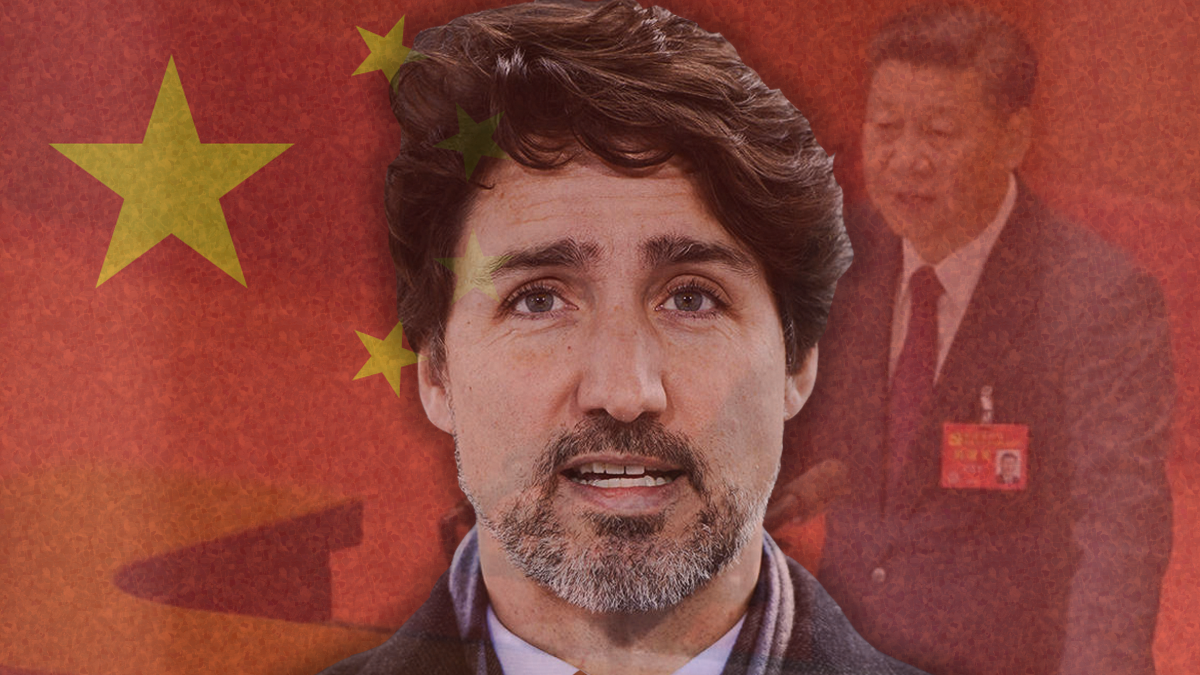A recent poll from Nanos Research, indicated Canadians want the government to take a more aggressive stance on China to ensure the release of imprisoned Canadian citizens Michael Kovrig and Michael Spavor.
This included a majority support for taking aggressive actions against Chinese companies domestically, such as preventing them from buying up Canadian firms.
These concerns about the communist Chinese regime are not misplaced.
In addition to their holding of Canadian prisoners, the Chinese government possesses values that are incompatible with our shared belief in democracy, equality and the rule of law. This is illustrated in their long history of abusing ethnic and religious minorities, suppressing political dissidents and their recent crackdown on Hong Kong.
Even more concerning is the state’s activities within our own border, such as purchasing Canadian assets (which drives up real estate costs) and engaging in state-sponsored cyberespionage campaigns against Canadian industries such as banking and healthcare.
However, our politicians continue to turn a blind eye to China, allowing their tentacles of influence to grow across our country – predominately in the technology space.
For example, take our approach to Huawei, the Chinese tech company, and construction of our 5G network.
Earlier this week, British Prime Minister Boris Johnson – reversing a previous decision – ordered all of the company’s 5G gear stripped from the UK’s telecommunications networks by 2027, and to ban all future purchase of 5G equipment from them. This has left Canada as the only member of the Five Eyes alliance that has not restricted the use of Huawei equipment in its 5G network.
This should be a huge cause for concern as national security experts have long warned that Huawei’s involvement could lead to data-sharing with the Chinese government that would risk violating the individual privacy and security rights of Canadians.
Despite this, reports in the Globe and Mail have noted that the Trudeau government has given no indication of whether they would follow the lead of our allies, despite expert warnings and opposition from a majority of Canadians.
Similarly, Canadian governments have not indicated they intend to follow the lead of the United States in considering a ban on the TikTok – the Beijing-owned app which experts warn are putting Canadians at risk of having their sensitive personal information shared with the Chinese state.
What is even more concerning is that Canadian politicians, such as federal NDP leader Jagmeet Singh and Ontario PC MPP Goldie Ghamari, have been active on the app without any apparent concern for Chinese espionage.
When questioned on Twitter, Ghamari defended her use of the app. She stated that she was using her “personal” phone number to register the account while seamlessly ignoring these security risks. Multiple sources told True North that complaints have been previously raised to Premier Doug Ford’s office about Ghamari’s use of the application, but Ford’s office have not responded to request for comment.
Overall, Canadians are increasingly growing aware of the risks of Chinese tech, yet politicians continue to turn a blind-eye towards their use in our country’s affairs – causing one to have to ask: why are Canadian politicians so weak on China? And what will it take for Canadian governments to finally get tough?
Rather than continue this spineless approach, Canadian governments ought to listen to the Canadians who elected them, and act now to protect our security and our future.
